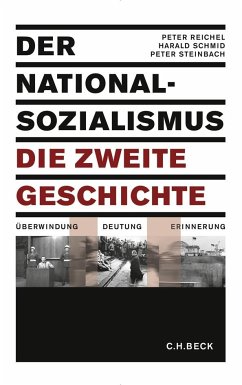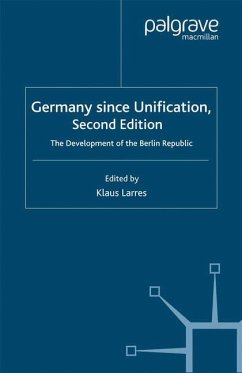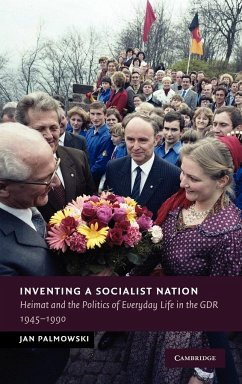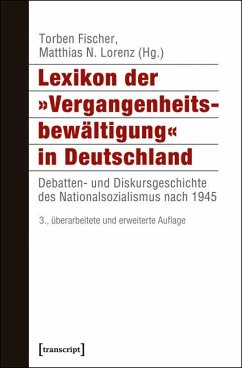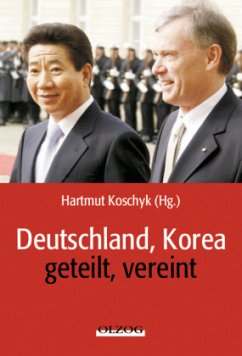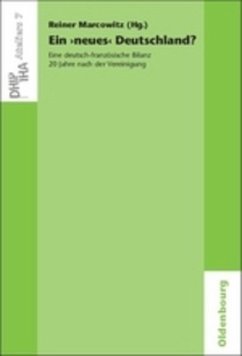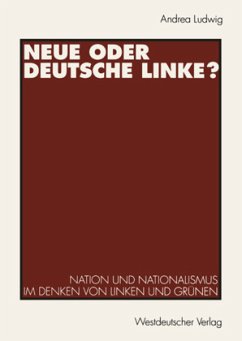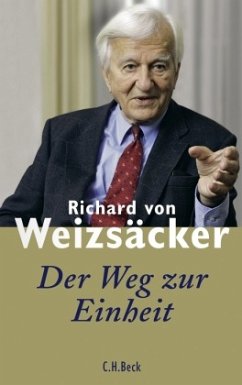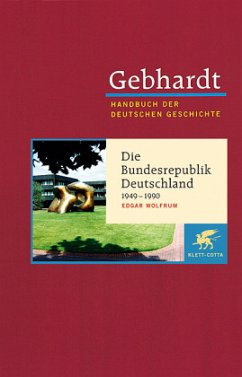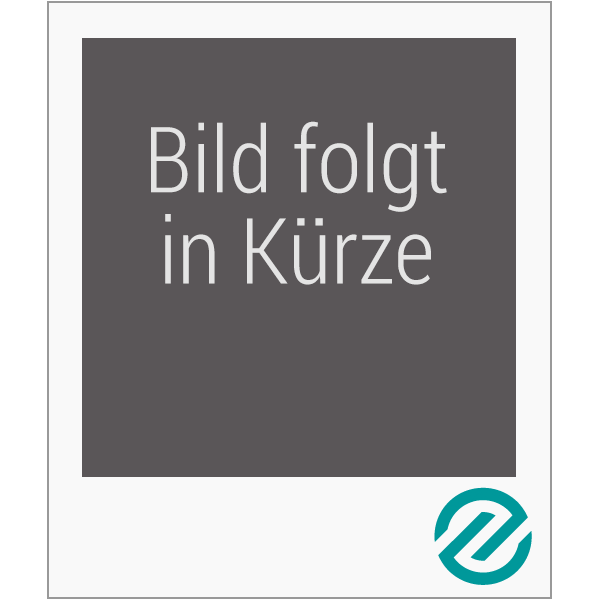
Representing East Germany Since Unification
From Colonization to Nostalgia

PAYBACK Punkte
20 °P sammeln!
When the Berlin Wall came down and the two Germanies were reunited, culture was held up to be one of the keys to national unity. Ironically, however, Cooke argues it is the realm of culture that, at times, has most clearly demonstrated the continued divisions between East and West. Taking culture as broadly defined, this book examines state memorialization, literature, television, film, and the internet, to map out the problematic path of German national identity as it struggles to deal with the legacy of division. Drawing on postcolonial theory, the author examines the contention that the Eas...
When the Berlin Wall came down and the two Germanies were reunited, culture was held up to be one of the keys to national unity. Ironically, however, Cooke argues it is the realm of culture that, at times, has most clearly demonstrated the continued divisions between East and West. Taking culture as broadly defined, this book examines state memorialization, literature, television, film, and the internet, to map out the problematic path of German national identity as it struggles to deal with the legacy of division. Drawing on postcolonial theory, the author examines the contention that the East has been colonized by the West, looking at how such perceptions have pervaded both east and west German culture. Cooke also discusses the complex phenomenon of nostalgia for East Germany, as evident in the recent international hit film Good Bye, Lenin! Rich in detail and first-hand accounts, this book provocatively asks how far East Germany can be read today as a postcolonial culture.





